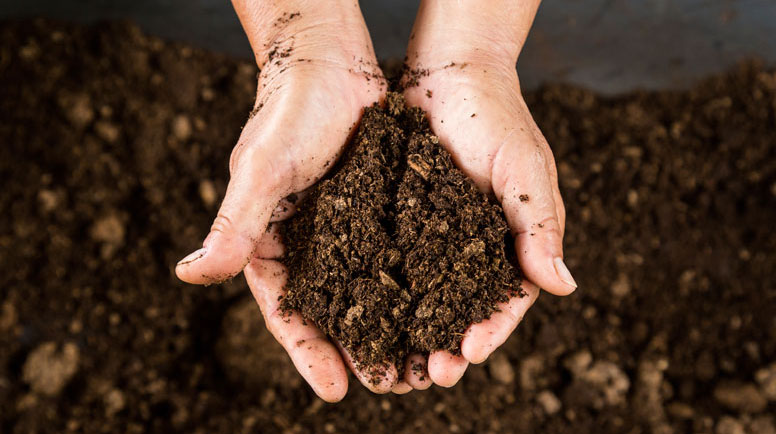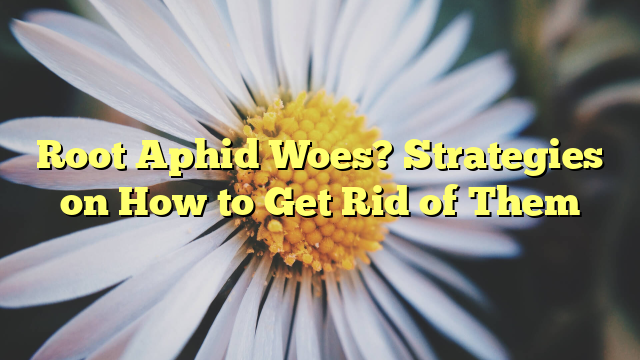Root aphids, those elusive and troublesome garden pests, can wreak havoc on your plants’ health and vitality. Recognizing the signs of an infestation and implementing effective control measures is crucial to safeguarding your garden. In this guide, we’ll delve into the world of root aphids and explore practical, eco-friendly strategies to eliminate them and ensure the well-being of your plants.

Understanding Root Aphids:
Often unseen due to their subterranean habitat, feed on plant roots, sapping nutrients and hindering growth. These tiny, pear-shaped insects multiply rapidly, posing a serious threat to the overall health of your plants.
Signs of a Root Aphid Infestation:
Stunted Growth: Plants affected by root aphids often exhibit stunted growth and yellowing leaves.
Wilting Foliage: Aphid-infested plants may display wilting, even with adequate water.
Honeydew Residue: The secretion of honeydew by aphids attracts mold, leaving a sticky residue on leaves and surrounding surfaces.
Root Damage: Carefully inspect the roots for discoloration, stunted development, or the presence of aphids.
Effective Strategies to Get Rid of Root Aphids:
1. Neem Oil Treatment:
Neem oil, a natural pesticide, disrupts the life cycle of aphids. Mix neem oil with water and apply it to the soil to target root aphids without harming beneficial insects.
2. Beneficial Nematodes:
Introduce beneficial nematodes to the soil, as they prey on root aphids. These microscopic organisms are a safe and effective biological control method.
3. Sticky Traps:
Place yellow sticky traps near affected plants to capture adult aphids and halt their reproductive cycle. Regularly monitor and replace traps as needed.

4. Insecticidal Soap:
An insecticidal soap solution, when applied to the soil, can help control root aphid populations. Ensure the soap is safe for plants and follow application instructions carefully.
5. Diatomaceous Earth:
Sprinkle food-grade diatomaceous earth on the soil surface. This natural powder damages the aphids’ exoskeleton, leading to dehydration and eventual elimination.
6. Maintain Soil Health:
Healthy soil promotes strong plant growth and resilience. Amend soil with organic matter, ensure proper drainage, and avoid overwatering to create an environment less favorable for root aphids.

7. Companion Planting:
Integrate pest-resistant plants like marigolds, chives, or garlic around susceptible crops to deter aphids. This natural defense can help protect your garden from infestations.
8. Isolate Affected Plants:
If root aphids are limited to specific plants, consider isolating them to prevent the infestation from spreading. Treat affected plants separately to contain the issue.
9. Regular Monitoring:
Frequent inspections of your plants and soil are crucial for early detection. Prompt action can prevent the escalation of a root aphid infestation.
10. Organic Horticultural Oils:
Apply horticultural oils, such as neem or peppermint oil, to the soil. These oils disrupt aphid feeding and reproduction, offering an organic solution to control infestations.
They may pose a challenge, but with proactive measures and a combination of organic remedies, you can effectively eliminate them from your garden. Regular monitoring, prompt action, and a commitment to soil health will contribute to a thriving garden free from the detrimental effects of aphids. Implement these strategies, and watch your plants regain their vitality and beauty.

